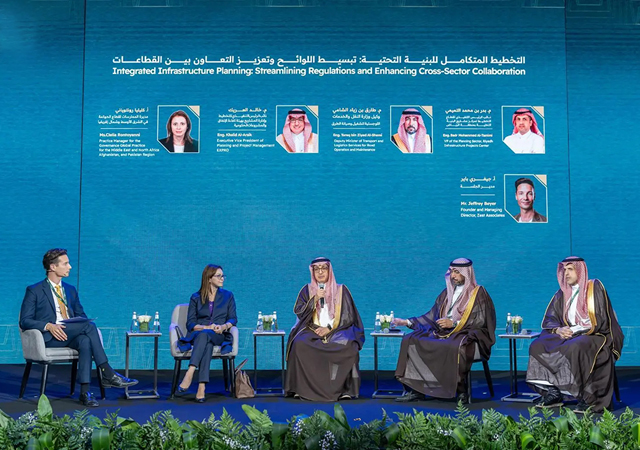
 Jordan ... parties should seek to get upfront agreement to consolidation.
Jordan ... parties should seek to get upfront agreement to consolidation.
We have looked before at the benefits of consolidating disputes in arbitration, and at ways to make it happen. Consolidation of disputes is often a live issue in our industry because of the complex web of relationships that make up the contracting structure on most projects.
Any problem in a project (for instance, a defect in the works) might create liabilities for the main contractor, one or more subcontractors, engineers, surveyors, equipment suppliers, construction managers or others. Since all of the relevant contracts will typically provide for resolution of disputes by arbitration, we face the cost and time of multiple proceedings, each one examining the same set of facts – and, of course, the chaos of different arbitral decisions on liability.
Consolidation is not always the answer. Multi-party, multi-issue arbitrations are not necessarily a sleek, efficient vehicle for resolution of all issues; they can be vast and unwieldy. And it can mean that parties are dragged into lengthy, expensive proceedings when their own connection is limited to a single discrete issue which would be quick to decide on its own. Parties might have other good reasons to resist consolidation, for instance to preserve confidentiality.
So there is a judgment to be made about when consolidation should or should not be forced upon parties – and the main global arbitration centres attempt to make that judgment in their rules on consolidation.
In the Legally Bound column in Gulf Construction’s August 2020 issue, we considered those rules and I concluded at the time that the rules are both variable and not sufficiently interventionist on consolidation for parties to rely on them alone. Of all the main arbitration centres, the 2017 International Chamber of Commerce (ICC) Rules of Arbitration was the most conservative on this question. However, the ICC has published new 2021 Rules so we can look at whether this is an improvement.
Article 10(b) of the 2017 rules provided that the Court of Arbitration may order consolidation if (i) the parties are all agreed or (ii) the claims are all made “under the same arbitration agreement”. That left parties unsure about whether “the same” agreement meant the single specific contract agreed between parties to it; or two or more different contracts with identical arbitration provisions. In my view, simply as a matter of interpretation, this referred to the same actual contract, thereby effectively excluding consolidation between different contracts, regardless of whether the issues are the same.
Anyway, the 2021 rules have addressed this. Article 10(b) now allows for consolidation if all claims are made “under the same arbitration agreement or agreements” (my emphasis). I think this intends to clarify the above question, allowing consolidation between different contracts so long as they have identical arbitration terms.
Article 10(c) has also been amended. The 2021 version allows for consolidation where “the claims in the arbitrations are not made under the same arbitration agreement or agreements, but the arbitrations are between the same parties, the disputes in the arbitrations arise in connection with the same legal relationship, and the Court finds the arbitration agreements to be compatible.” As far as I can see, this doesn’t materially change the position under the 2017 Rules. Article 10(c) is still limited to arbitrations between the same parties and arising in connection with the “same legal relationship” which, at its broadest would mean (for instance) client-and-engineer and, at its narrowest, might require identical contract terms for that relationship.
The ICC rules on joinder (that is, joining a party to an existing arbitration) are also slightly liberalised. Under the 2017 rules, there could be no joinder of new parties once an arbitration had been constituted unless by agreement of all existing parties. The new Rule 7.5 allows the tribunal to consider a request for joinder “subject to the additional party accepting the constitution of the arbitral tribunal and agreeing to the Terms of Reference, where applicable”.
The big change is, therefore, the removal of the veto by the other existing parties, although the tribunal must consider issues which might have been grounds for their objection, including whether the arbitral tribunal has prima facie jurisdiction over the additional party, the timing of the Request for Joinder, possible conflicts of interests and the impact of the joinder on the arbitral procedure.
In conclusion, these are small and welcome steps by the ICC to liberalise the rules in favour of flexibility and efficiency in the disposal of disputes. These rules are still not as permissive as others on these questions (such as the Hong Kong International Arbitration Centre) and I still recommend that parties should seek to get upfront agreement to consolidation through uniform (or compatible) project-wide dispute resolution provisions.
* Stuart Jordan is a partner in the Global Projects group of Baker Botts, a leading international law firm. Jordan’s practice focuses on the oil, gas, power, transport, petrochemical, nuclear and construction industries. He has extensive experience in the Middle East, Russia and the UK.















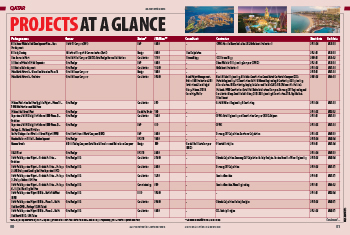
.jpg)







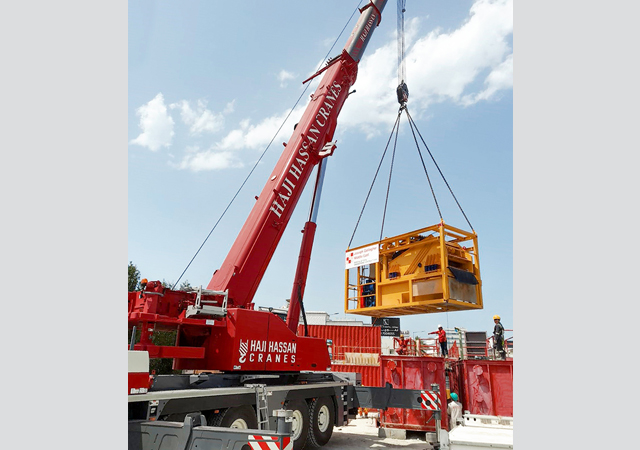




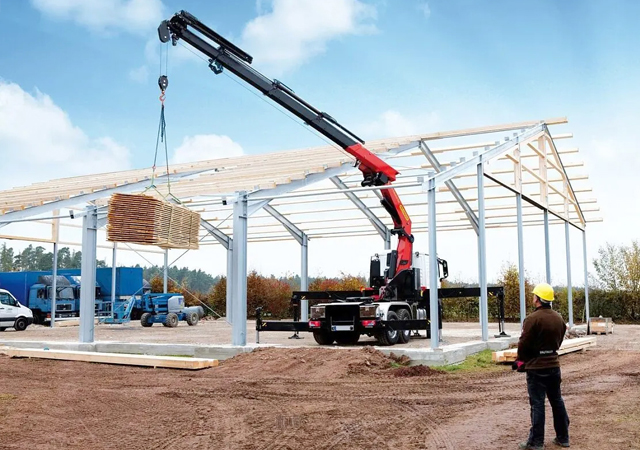
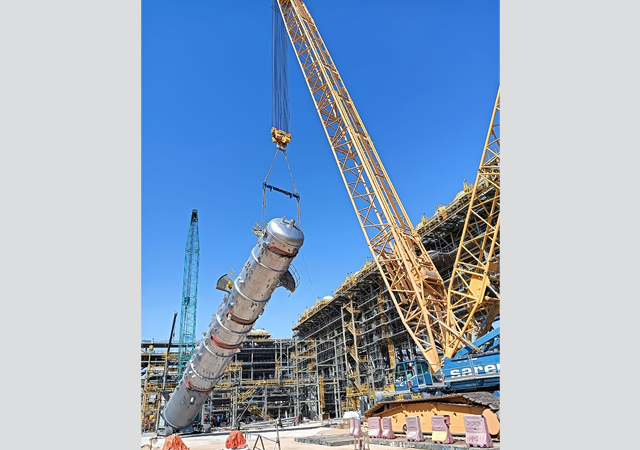














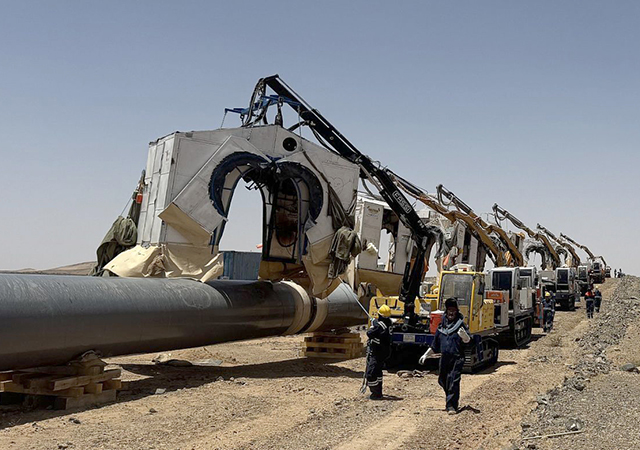

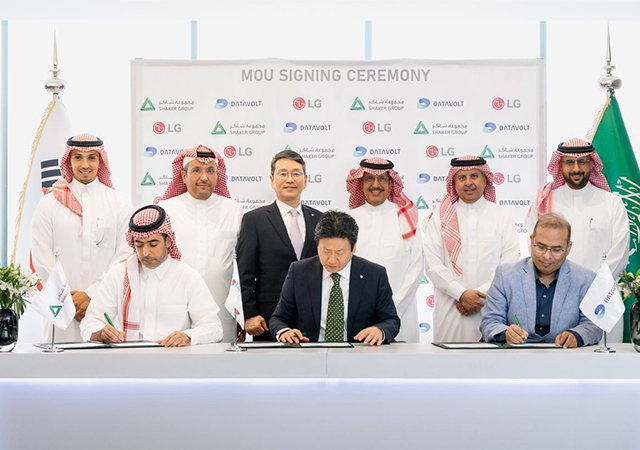





















.jpg)




.jpg)


